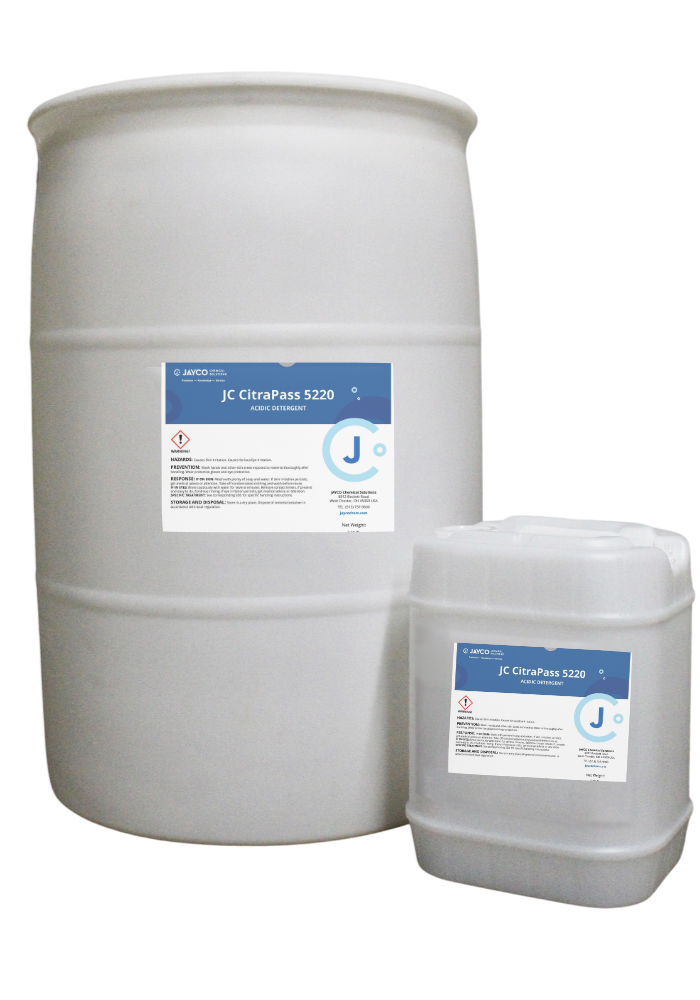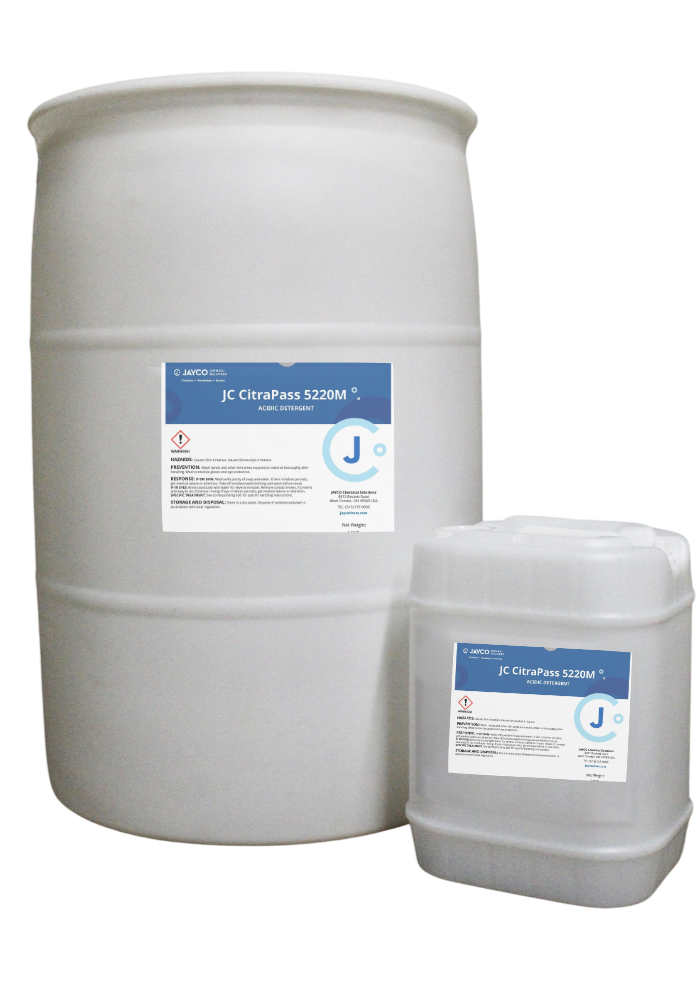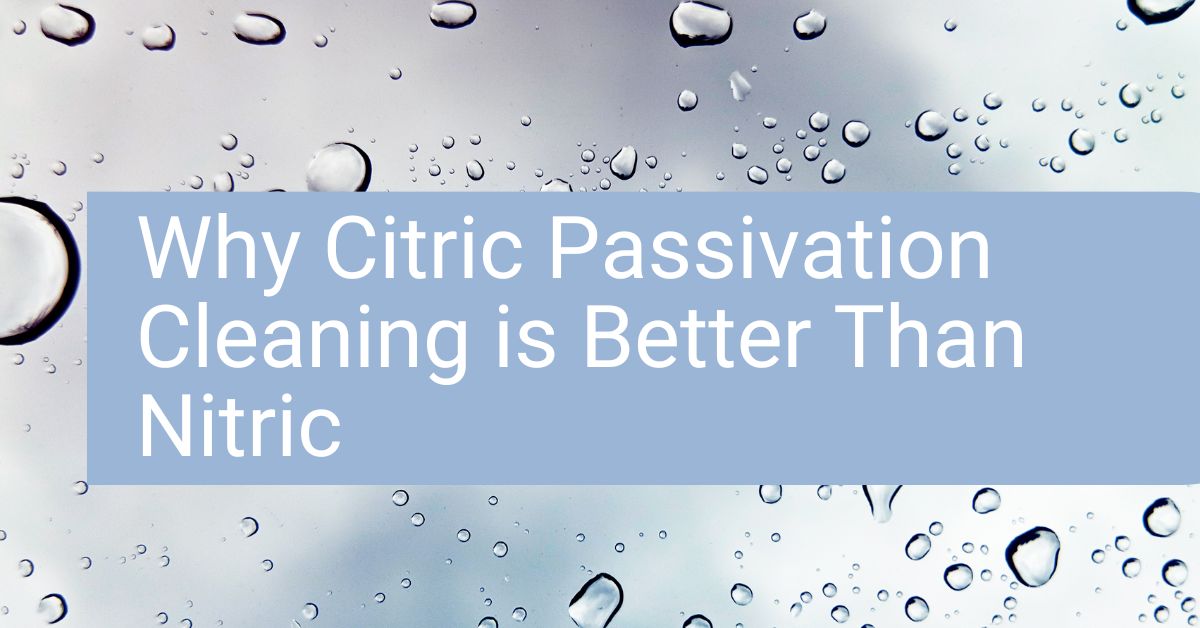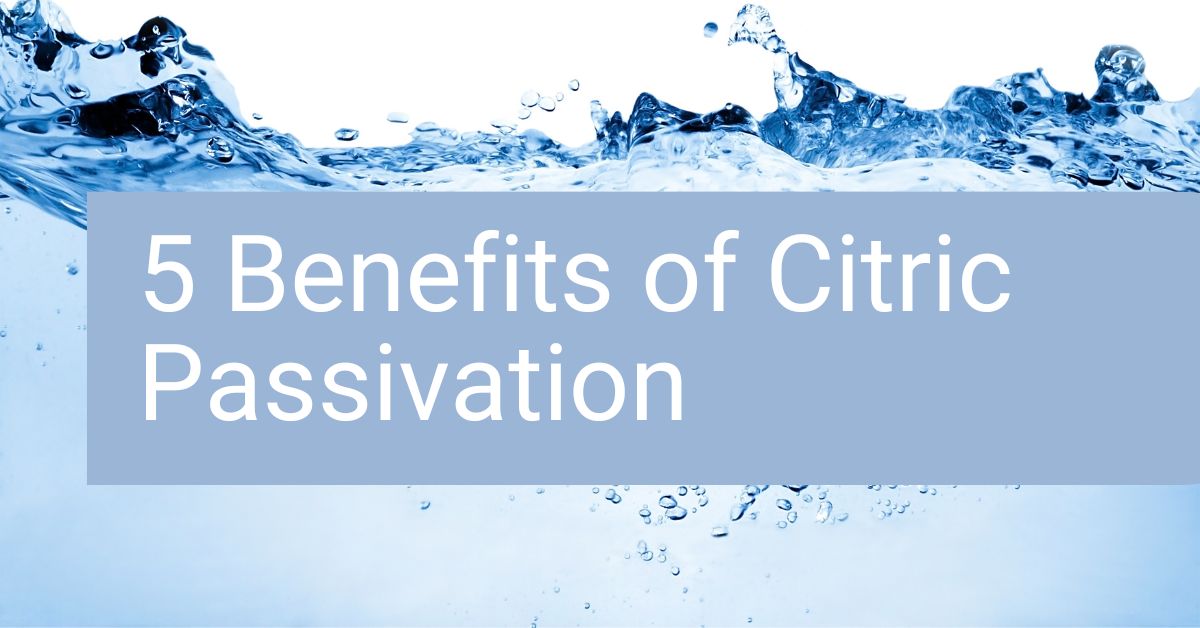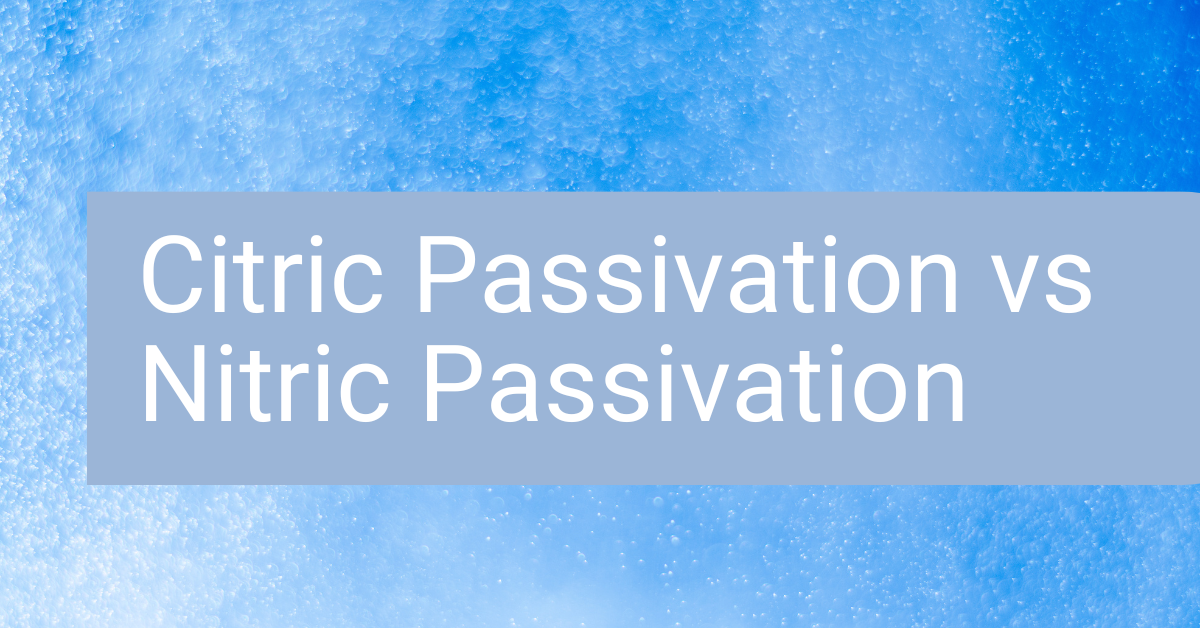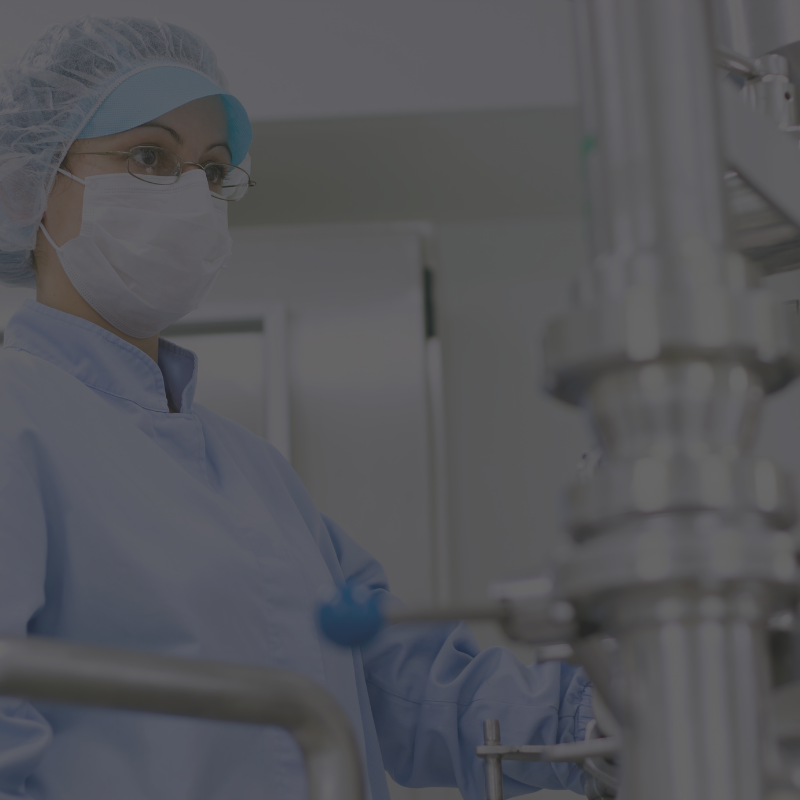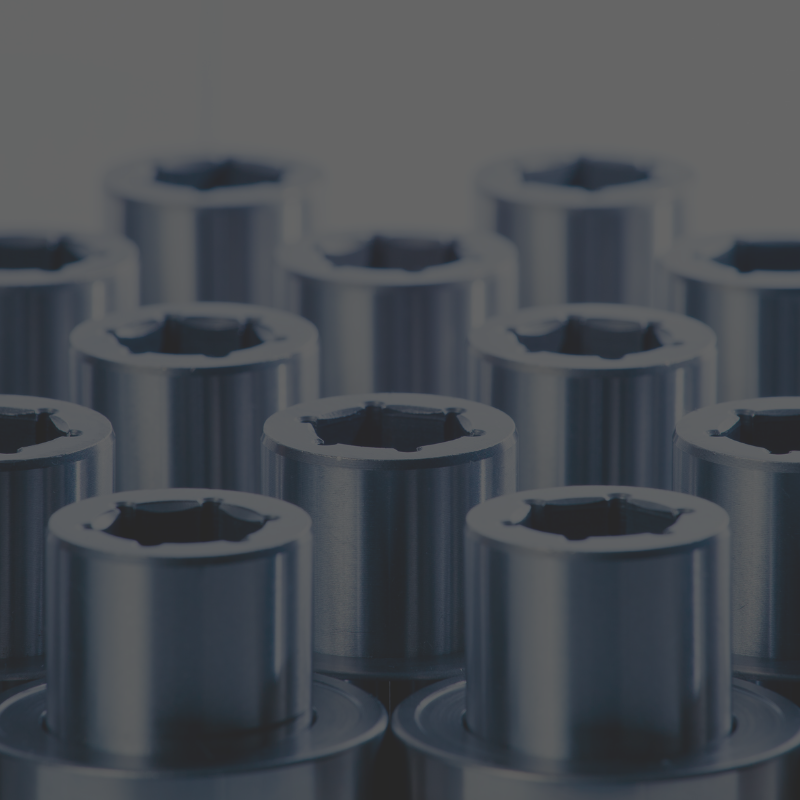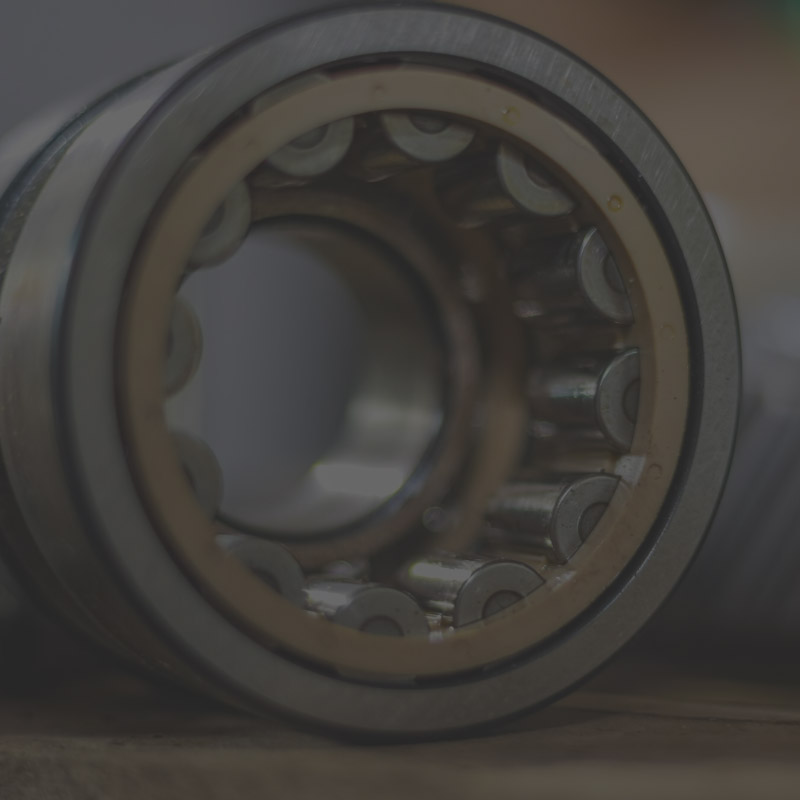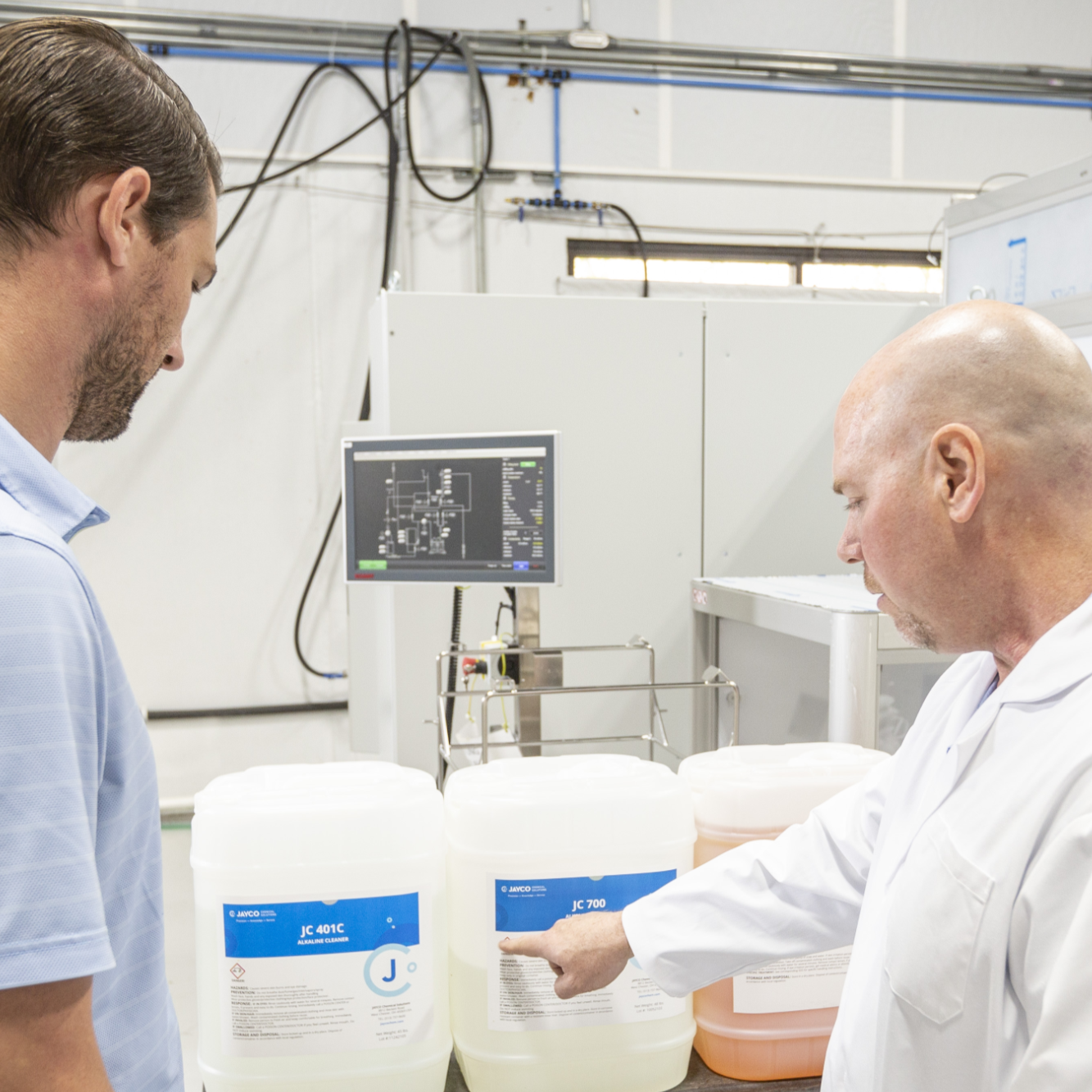-
Citric Acid Solutions for Passivation Systems
Modern passivation formulations designed to improve cycle times, rinse freely, and cavitate when used with ultrasonics.
Clean and passivate in the same bath, or use our low foaming citric acid solution for spray wash applications.
Select A Category
- All
- Industrial
- Medical
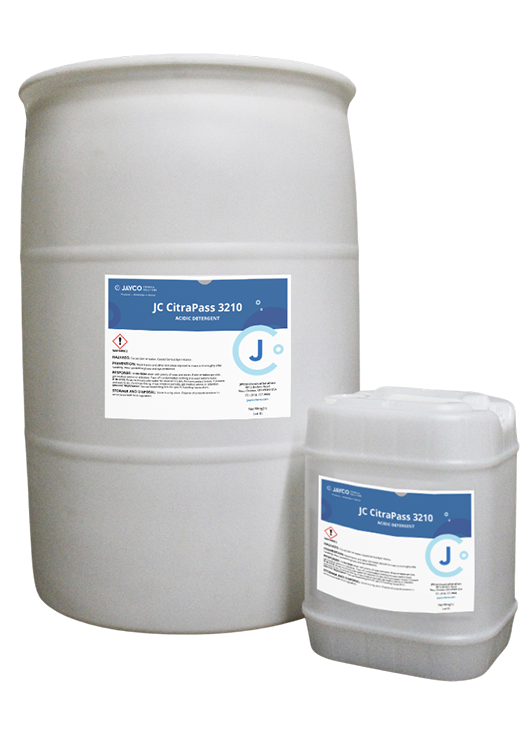
JC CitraPass 3210
Low foam citric acid cleaner. Passivate 300 series, 17-4, and 400 series stainless steel alloys (ASTM 967 & AMS 2700). Can be used for removal of fingerprints, light soils, and particulates.
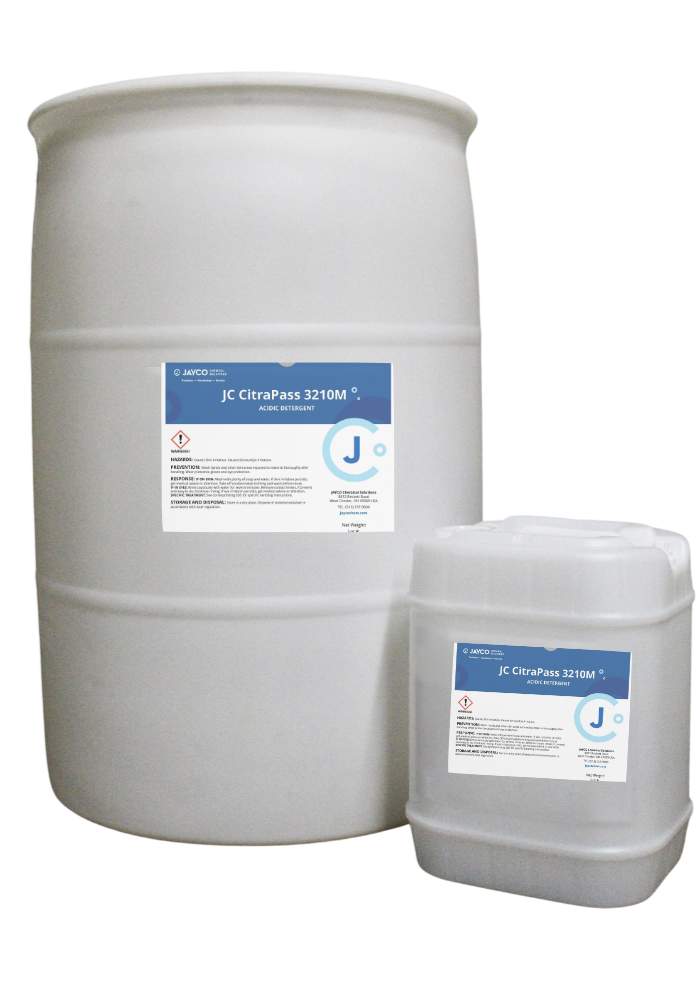
JC CitraPass 3210M
High performance citric acid detergent used for passivation in the medical device industry. Designed for spray and low foam applications. (ASTM 967, B600)
Wanting More From Your Passivation Chemistries?
JAYCO Citrapass series offers several distinct advantages over CitriSurf®, making it a superior choice for various applications.
- reduces passivation time
- improves maximum depth of enrichment
- reduces rinse-water consumption through improved rinsing techniques
- optimized for use with ultrasonics
- excellent chromium oxide ratios
Nitric and Citric Passivation Systems
For industrial and commercial applications requiring long life, high corrosion resistance, and superb mechanical performance, stainless steel alloys are the materials of choice. These alloys derive their name from their high chromium and low carbon contents, making them very resistant to “staining” (thus, stainless) or corroding even in aggressive environments.
In professional uses, stainless steels are most often supplied in austenitic alloy groups referred to as the 200 and 300 series. The 200 and 300 series are chromium-nickel alloys, non-magnetic, and often produced with advanced nitrogen-addition processes that further enhance their corrosion resistance. Most notably, alloy Types 304 and 316 make up the vast majority of stainless steel equipment, vessels, instruments, utensils, structures, and hardware used in hygienic and otherwise harsh conditions.
The chromium content within stainless steel materials naturally reacts with airborne oxygen in a very curious way. Chemically-speaking, chromium is a reducing agent which reacts with oxygen as an oxidizing agent in ambient conditions, together producing chromium oxide molecules on the surface of the chromium-containing body. (Reaction formula 4Cr + 3O2 → 2Cr2O3).
This chromium oxide film slowly develops without any other catalyst, and once complete, provides a fully unreactive or “passive” layer protecting the stainless steel material underneath. At only a few molecules in thickness and completely invisible to the naked eye, this passive layer inhibits contact between the stainless steel surface and foreign objects – especially those that tend to lead to corrosion, such as oxygen and moisture.
Learn From Our Latest Posts
Why Citric Passivation Cleaning is Better Than Nitric
5 Benefits of Citric Passivation
Citric Passivation vs Nitric Passivation: Key Differences
Unmatched Performance
Long bath life with consistent, effective results from your first batch to your 100th
Wide Range of Products
Meeting precision cleaning requirements in medical, optics, industrial and more
Unique Capabilities
Our experience with building cleaning equipment guides our chemistry development
We Understand Your Industry
We understand that ineffective optics, medical and industrial cleaning solutions could be affecting your productivity – and ultimately your bottom line and reputation. You need cleaning and mass-finishing solutions that allow you to meet strict standards with minimal processing time. You can trust JAYCO to deliver the clean you need in a wide array of industries. We care about our customers and it shows in our reduced use of hazardous and toxic substances and solvents. Get powerful results you can depend on.
Nitric vs Citric Passivation Methods
What are we looking for in a passivation chemical? Three things:
- Works fast – we want to limit reaction time and get the parts through production
- Must be effective – we want the highest reasonable likelihood that the new passive layer is formed
- Must be manageable – industrial chemicals tend to have risks associated with their use, so we want a solution that does not cause undue risks or hazards
As so many things go, the market provides multiple options offering a different mix of benefits across the above listed items. The two most common options available today are Nitric Acid and Citric Acid, each with their own distinct upsides and downsides.

